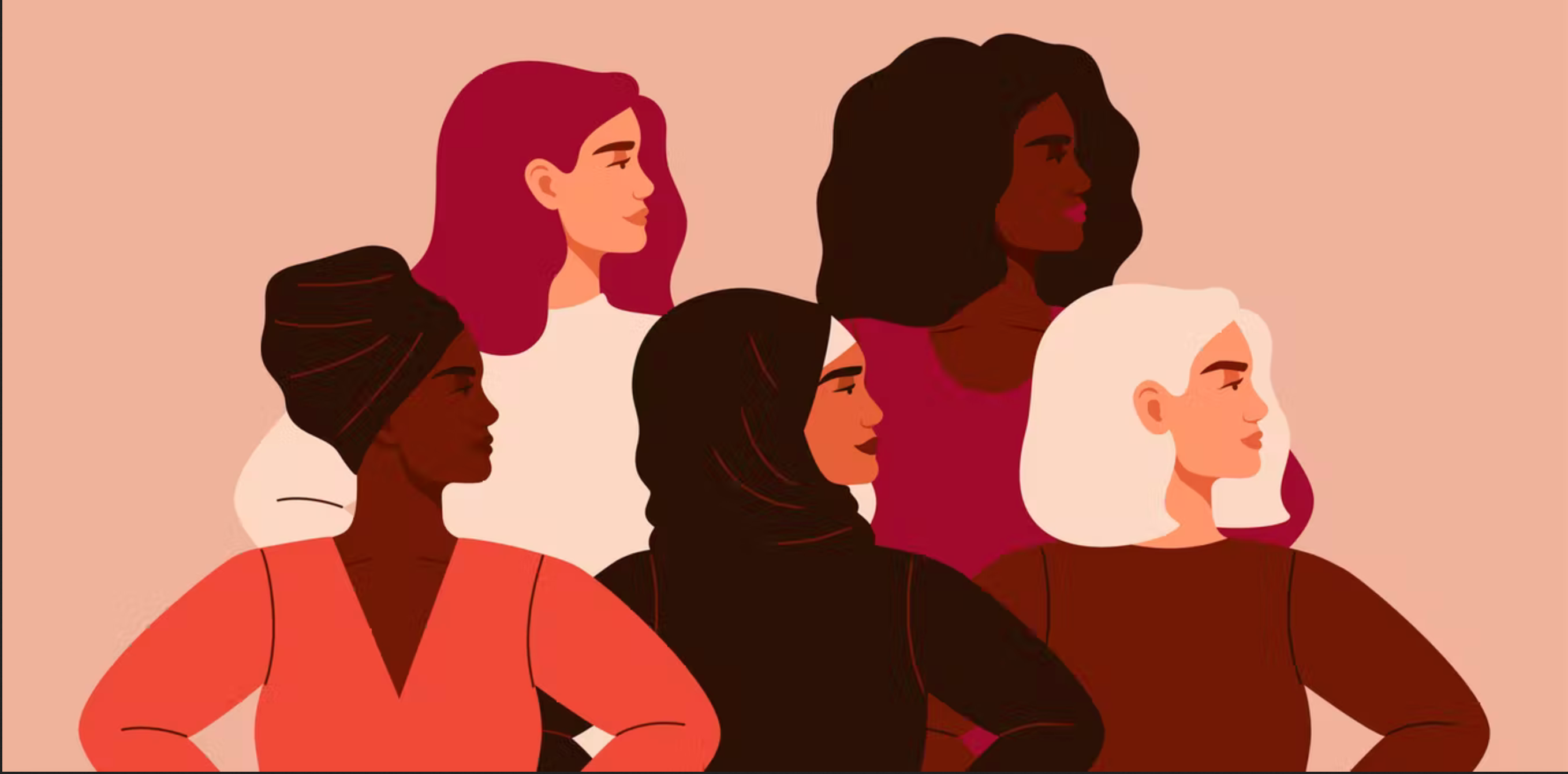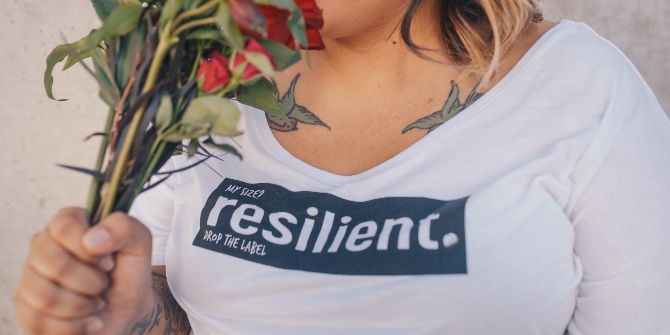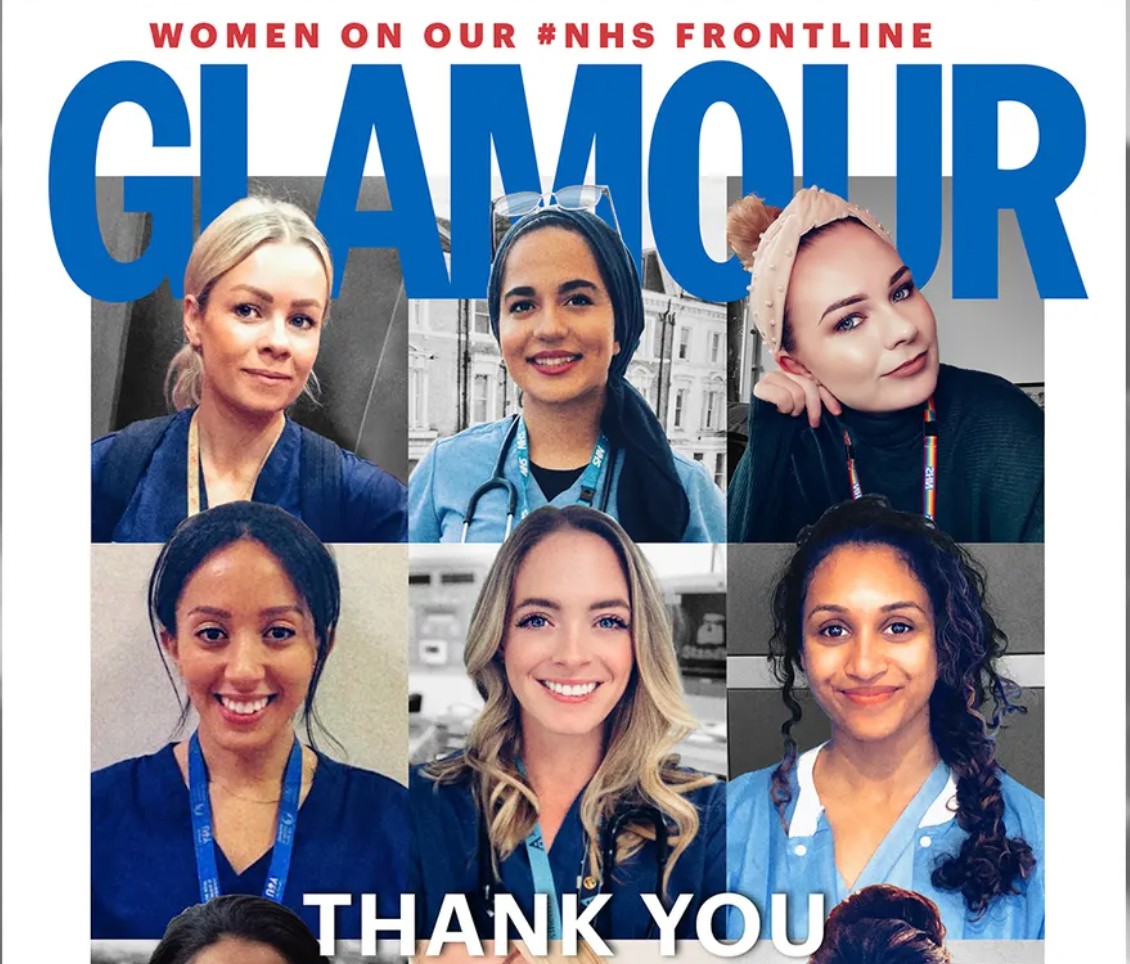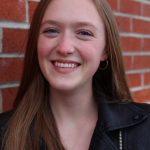
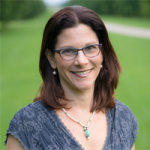 LSE’s Department of Media and Communications celebrates its 20th anniversary in 2023, and is marking the occasion with the upcoming Media Futures Conference on 15-16 June. To celebrate the Department’s contribution to media and communications research and teaching over the last 20 years, we are publishing a series of reflections from faculty. Here, current MSc student Ava Waugh interviews Professor Shani Orgad, a researcher of gender, feminism, and media who shares her thoughts on the Department’s growth since 2003 and where her research is headed.
LSE’s Department of Media and Communications celebrates its 20th anniversary in 2023, and is marking the occasion with the upcoming Media Futures Conference on 15-16 June. To celebrate the Department’s contribution to media and communications research and teaching over the last 20 years, we are publishing a series of reflections from faculty. Here, current MSc student Ava Waugh interviews Professor Shani Orgad, a researcher of gender, feminism, and media who shares her thoughts on the Department’s growth since 2003 and where her research is headed.
Shani Orgad’s current research examines how, in contemporary culture, lack of self-confidence is frequently cast as the key problem holding women back, and how solutions to gender inequality often focus on ‘fixing’ women, rather than structural inequalities. Her work also examines how media representations shape people’s understanding of themselves, others and the world, a theme she has explored in her books Media Representation and the Global Imagination (2012, Polity), Caring in Crisis? Humanitarianism, the Public and NGGOS (with Bruna Seu, Palgrave, 2017) and Heading Home: Motherhood, Work and the Failed Promise of Equality (Columbia University Press, 2019).
I asked Professor Orgad, herself a graduate from the LSE and the first appointment in LSE’s Department of Media and Communications, what makes the department an exciting place to study.
“First and foremost, the brilliant students who come to study in the department!” Professor Orgad exclaimed, along with expressing her appreciation of the rewards of teaching. “Teaching and studying in the department are never an ‘ivory tower’ exercise;” she continued, “it is about engaging with the world we live in, examining its possibilities and constraints and exploring ways to advance greater justice and equality”. Finally, Professor Orgad observed how the Department “never rests on its laurels,” making it a vibrant place of continual improvement and innovation.
When I asked about the most profound changes in her field of research in the past 20 years, Professor Orgad replied “Where do I start?”
As the Department was established in 2003, the same year Professor Orgad finished her doctoral thesis, she has seen the field of media and communications grow and change for two decades. She reflects on her PhD study of breast cancer patients’ online communication: “Back then, I wrote about how the online and the offline realms were interwoven. However, today the interrelation between the two realms is far more extensive and intensive; our online engagement is integral to our everyday lives, to who we are, and to what we do”.
Professor Orgad discussed “the intensifying corporate and state control of media institutions and of the digital realm in particular” as a noteworthy development; specifically how “this control is disguised, naturalised and often is invisible”.
She also noted how power relations have changed with the rise of new forms of mediated visibility. “These new forms carry a huge promise – especially for oppressed, marginalised, and disadvantaged groups and individuals – to receive long-overdue recognition and resources, to redress injustices and inequalities”, she said. This issue will continue to inform Professor Orgad’s future work, especially in relation to “the ways contemporary media and culture regulate and police women and other minoritised groups, but also how these individuals and groups negotiate and resist these pressures and regulatory powers”.
Drawing on her research to date, I asked Professor Orgad whether or not there has been significant progress in the representation of women and gender in the media.
Professor Orgad she said she recognises that “in some respects, there has been important progress, which is tied to changes in the political, economic, and social spheres.” Specifically, “gendered representations are more diverse than in the past, in terms of who is visible, who is associated with positions of power and authority, and who is allowed to speak.”. She notes how, for example, “in advertising addressed to women and girls, we see a real shift from earlier emphases on what is wrong and how to improve, to a focus on (superficial) body positivity, confidence and loving yourself,” a theme she discusses in her book with Rosalind Gill, Confidence Culture.
However, despite these important changes, Professor Orgad highlights that “there is a fundamental disjuncture between discourses and rhetoric about progress, diversity, inclusivity, female empowerment and gender equality, and the societal structures that are much slower to change”. Therefore, she adds, “one of the key challenges is how to translate the current popular embrace of ideas such as diversity, women’s empowerment, and equality into systemic and structural changes and into a longstanding commitment for justice and equality, rather than a desire to ‘fix’ women”.
Having discussed the changes in the field of media and communications over the past twenty years, I asked Professor Orgad what she was most looking forward to studying in the twenty years ahead. “I am keen and excited to continue interrogating the relationship between feminism, media representations and lived realities”, she said. “I am also excited about exploring how and whether the cultural narratives in the next decades will challenge neoliberal notions of individualism, choice, self-responsibility, resilience, positivity and self-care; and whether and what alternative narratives might encourage people to refuse accepting insecurity, inequality and injustice as personal failures and as inevitable conditions which cannot be changed”.
You can read more about Professor Shani Orgad and her work here: https://www.lse.ac.uk/media-and-communications/people/academic-staff/shani-orgad. This post represents the views of the author and not the position of the Media@LSE blog nor of the London School of Economics and Political Science.


